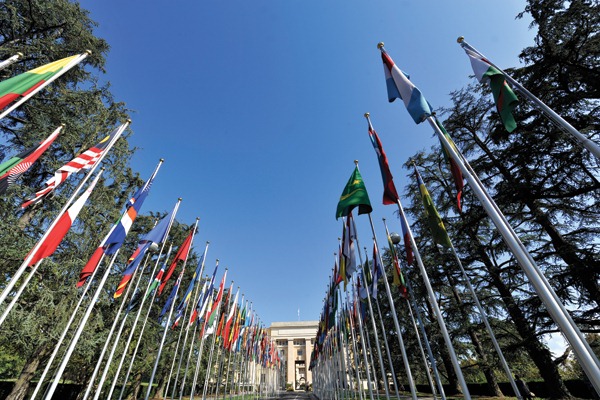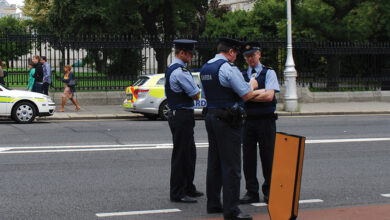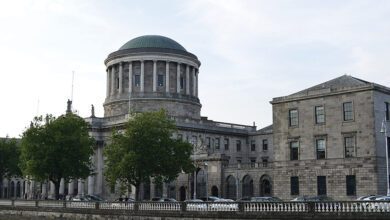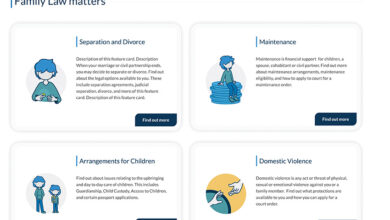Ireland’s human rights record was examined by the UN’s universal periodic review this year. eolas reports.
The Government has promised to strengthen children’s rights and ratify a new protocol on the International Convention on Economic, Social and Cultural Rights as part of the commitments made during Ireland’s first appearance at the UN’s universal periodic review (UPR).
The UPR involves a review of the human rights records of all 192 UN member states once every four years. It was described by UN Secretary General Ban Ki-Moon as having the potential “to promote and protect human rights in the darkest corners of the world.”
During the review, a country makes voluntary commitments and accepts, considers or rejects the recommendations of other member states.
At its hearing in Geneva on 6 October, Ireland was criticised for its prison conditions, including claims of excessive violence, which Justice Minister Alan Shatter rejected. After the hearing the Government accepted 62 recommendations, agreed to carefully study another 49 and rejected 15.
In his speech the Minister said the Government’s commitment to human rights is based on the principle that governments “must always act with the honest intention of respecting the rights of the individual and human dignity.”
Ireland was questioned by other UN member states about providing abortion services and legislating for the European Court of Human Rights rulings against Ireland in the A, B and C cases. In December 2010 the European Court ruled that Ireland needed to legislate for the lawful right to an abortion where a woman’s life is at risk. Shatter said Ireland was committed to “expeditious implementation” of the judgement.
The Czech Republic asked about ethnic status for Travellers, while Norway asked about legislating for collective bargaining for employees. Progress on creating effective national bodies to monitor conditions in places of detention were also raised.
Amongst its responses to recommendations, Ireland stated it would ratify the Convention on the Rights of People with Disabilities. It will consider reforming the laws on same-sex marriage and the constitutional concept of the traditional family. However, it rejected recommendations to ratify the International Covenant on Migrant Workers and Members of their Family, to legislate for abortion in other circumstances, or consider raising the minimum age of criminal responsibility to international standards (from 12 in Ireland to between 13 and 16 in most European countries).
Commenting on Ireland’s review, the Irish Human Rights Commission Chief Executive Éamonn Mac Aodha said that “the concerns raised by member states about the conditions in Irish prisons highlights once again the pressing need for such an oversight mechanism.” The Pro-Life Campaign welcomed the Government’s stance on abortion at the review, with Dr Ruth Cullen stating: “The legal reality is that the recent European Court of Human Rights decision in A, B and C v. Ireland does not oblige Ireland to introduce abortion.”
Amnesty International Executive Director Colm O’Gorman was pleased with the Government’s preliminary response to recommendations and urged it to present its response to the Oireachtas before reporting back to the UN in March.
The UN Human Rights Council’s final report on Ireland will be adopted in March 2012. Ireland must decide by then which recommendations will accept. Information on how it has implemented these must be provided in four years time.
Universal periodic review process
- Reports on each member state are produced by that country, the UN and stakeholders in advance of the review
- A review of each member state’s record is conducted by the Human Rights Council
- Member states report, answer questions and makes commitments during a three hour Q&A session
- An outcome report is released two days later
- Agreed recommendations are adopted by member states at next UN Human Rights Council plenary session






